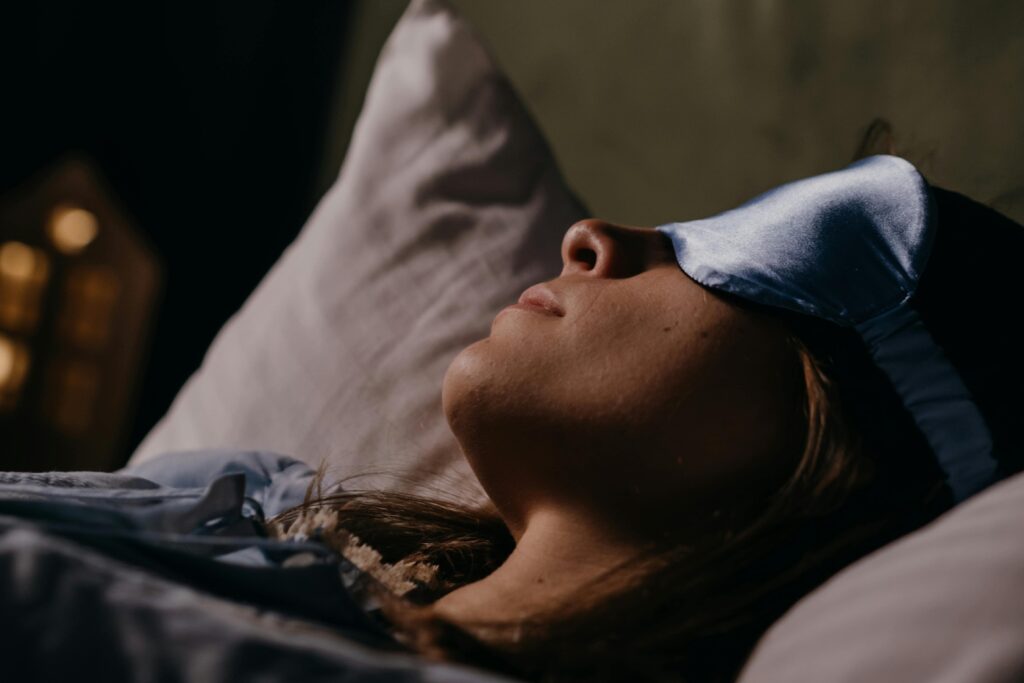I don’t have a sleeping problem. Correction, my problem is I sleep too much; I don’t have a problem going to sleep. For others, falling asleep is really challenging. Some people choose to use pharmecuticals to help them fall asleep and stay asleep more easily, and others choose to use herbal medicine to help with that. Here’s more about how herbal medicine can help you get a good night’s rest.

In this fast-paced world, getting a good night’s sleep is a rare luxury for most of us. So many sleepless nights are cursed, and people are looking for their sleep-rejuvenating solution. But one of the many different treatments has been edible weeds. In this guest post, we explore edible weeds, the possibility of improving sleep quality, and their efficacy and potential merits.
Understanding Edible Weeds
These edible weeds, most of which can be found in your garden or nearby wild landscapes, are mere plants with some nutritional or medicinal properties. These plants have a long history of use in traditional medicine worldwide. These species endure without the help of humans, which means they have resilient and strong characteristics, unlike cultivated crops.
Numerous edible varieties exist, including dandelion, purslane, and chickweed. Each offers unique health benefits, making them intriguing options for natural sleep aids. Rich in vitamins, minerals, and antioxidants, these plants provide health advantages that extend beyond the dinner table. If you are searching for edible weed in Las Vegas, you can reach out to several reputable providers for more help.
Traditional Uses for Sleep
For centuries, people of various cultures have used wild plants to help them relax and sleep better. We would have drunk teas or infusions from these plants in the olden days. Certain weeds were incorporated by ancient practices like Traditional Chinese and Ayurvedic medicine to regulate energy flow within the body and aid in rest.
Recently, we have become interested again in natural remedies, and there are scientific studies to support the ability of these plants to help us fall asleep. Such explorations will help substantiate traditional knowledge and validate it as evidence-based remedies.
Scientific Perspective
Scientific studies have started to mention some edible weeds as having sleep-promoting properties. Certain specimens directly affect the neurotransmitters governing the modulation of the sleep axis. For example, compounds in species may be active in serotonin and melatonin pathways, which are important for good sleep.
Also, the nutritional profile of edible weeds promotes general well-being and indirectly affects sleep. The magnesium, calcium, and potassium found in many of these plants help relax muscles and nerves because a good night’s sleep is essential.
Potential Benefits for Sleep
Most of these include nutrient deficiencies and detoxing. These plants often contain calming compounds (such as flavonoids and alkaloids) that help promote relaxation. These compounds might assist in reducing stress and anxiety, two well-known triggers of sleep issues.
Edible weeds are highly nutritious, and although they do not contain any compound that necessarily helps sleep, better nutrition supports overall health, indirectly leading to better sleep quality. Ultimately, a solid immune system means less chance of a pesky illness disrupting your sleep, and our body can have the right kind of cells that vitamin C and beta-carotene help produce.
Practical Tips for Incorporating Edible Weeds
Here are some practical tips if edible weeds appeal to you as a sleep aid. While many weeds are edible, it is important to identify them correctly, as some are toxic. Talking with experienced foragers or botanists will give you the best safety net.
Once identified, incorporating these plants into meals or teas can be straightforward. Salads, soups, and smoothies provide simple ways to enjoy the benefits of edible weeds. However, moderation remains key, as excessive consumption may lead to unwanted side effects.
Polling Medical Experts
Edible weeds may be helpful in limited control scenarios, but medical professionals warn against introducing them into the practice regularly without professional advice. People with certain medical conditions or medications should consult their medical professional first to avoid harmful interactions.
They can advise on dosages and combinations to prevent a negative experience. Tailored guidance increases the chances of desired outcomes and reduces potential hazards.
Conclusion
Edible weeds are an interesting option for natural sleep aids. These plants, with a long tradition of use and some emerging scientific rationale, are interesting candidates to help us all sleep better. They have nutritional properties and are used to calm the body; therefore, they complement a wellness routine perfectly.
Despite this, safety and informed decision-making are still at the top of my mind. With some help from experts (and your local weeds), that natural path to sounder sleep is possible. The power of these wild plants may help sleep, improving the well-being of millions of people who wish to sleep better.




